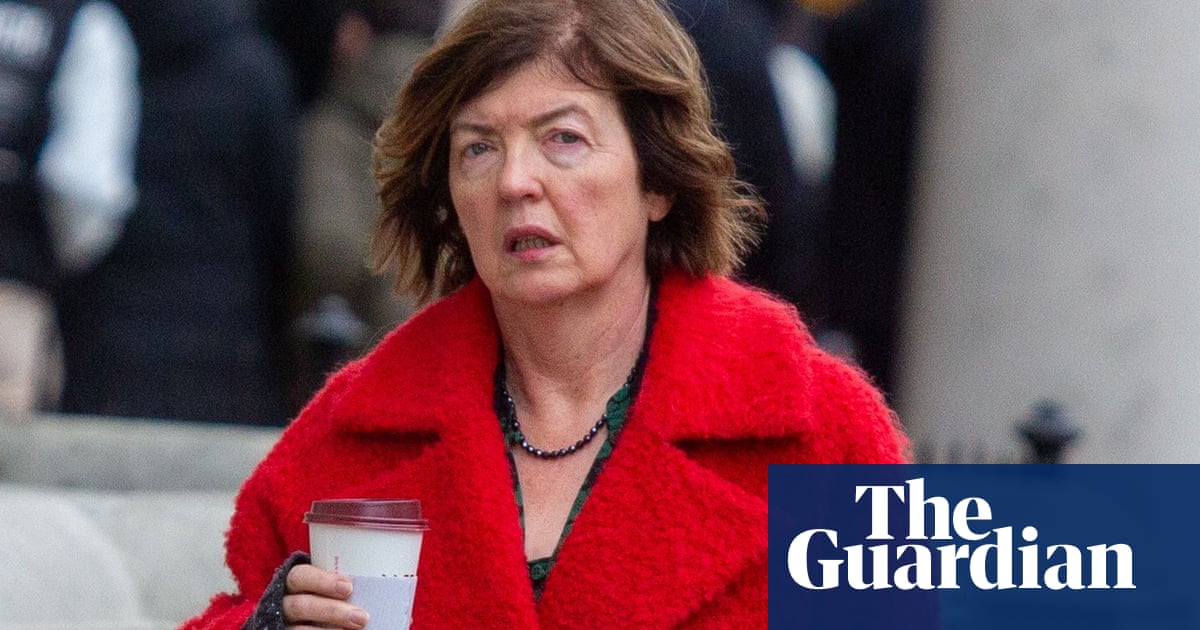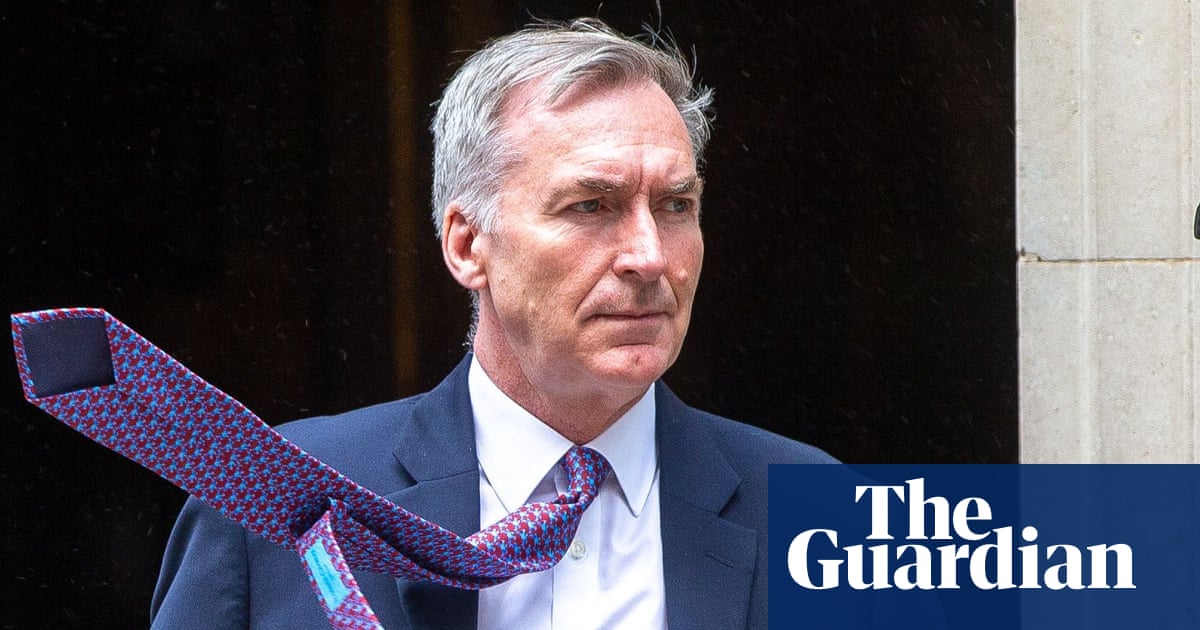
Boris Johnson has selected the head of the navy for the first time in 20 years as the next chief of Britain’s armed forces, a choice intended to reinforce the UK’s post-Brexit switch in focus to the Indo-Pacific region.
The prime minister picked Adm Sir Tony Radakin for the £270,000-a-year position from a field of five to replace Gen Sir Nick Carter, who had been criticised over the messy retreat from Afghanistan.
Announcing the new chief of defence staff, Johnson said Radakin had proved himself an “outstanding military leader” who would “lead the armed forces at a time of incredible change while upholding the values and standards that they are respected for around the world”.
Radakin, 55, is the first sea lord, responsible for the Royal Navy, which this year deployed the HMS Queen Elizabeth aircraft carrier and a string of supporting vessels into the Pacific as part of a more aggressive posture towards China.
Born in Oldham, Radakin is a barrister by training but has served in the navy since 1990, working his way up through the ranks until becoming first sea lord in 2019.
He said he was humbled to have been selected in a time of enormous change, adding that Johnson and the defence secretary, Ben Wallace, “have demanded reform and we must seize the opportunity the government has given us and ensure we are a global force delivering for global Britain”.
Allies emphasise his communication skills, seen as key to the job following Carter, who was heavily criticised for appearing naive about the Taliban, describing them as “country boys” who wanted an Afghanistan “inclusive for all” days after the fall of Kabul.
Earlier this year, Downing Street published an integrated review of defence and foreign policy, a key feature of which was to call for a significant British re-engagement in the Indo-Pacific, which had been abandoned in the late 1960s.
Naval power is deemed to be at the heart of competing with China, which has the world’s largest navy. Last month, the UK also signed a three-country pact with the US to supply long-range nuclear-powered submarines for Australia.
Radakin had pushed hard for the job, and there had been unhappiness in some parts of Whitehall that he had tried too hard to claim credit for the submarine deal, called Aukus, which had been negotiated at country-leader level.
The elevation also comes after the apparent suicide of the former head of the Royal Marines, Maj Gen Matthew Holmes, 54. Holmes, who had stepped down from his post in April after a navy reorganisation, had been experiencing personal difficulties.
Radakin’s main competitor was Gen Sir Patrick Sanders, 55, who runs Britain’s special forces and military cyber operations, whose allies argued had more operational experience than the navy chief. Others in contention were Gen Sir Mark Carleton-Smith, the head of the army, and Air Chief Marshal Sir Mike Wigston, who leads the RAF.
The appointment concludes a process that lasted about a month, beginning with interviews by a Ministry of Defence panel headed by Wallace. The defence secretary then sent his recommendation to the prime minister, but the appointment is ultimately Johnson’s.









